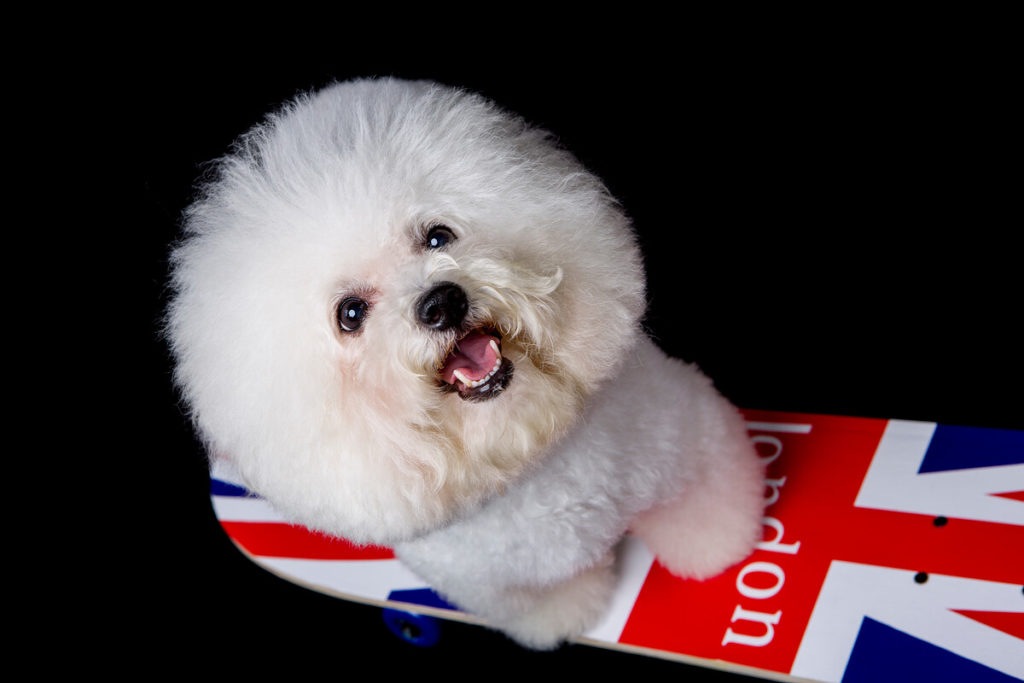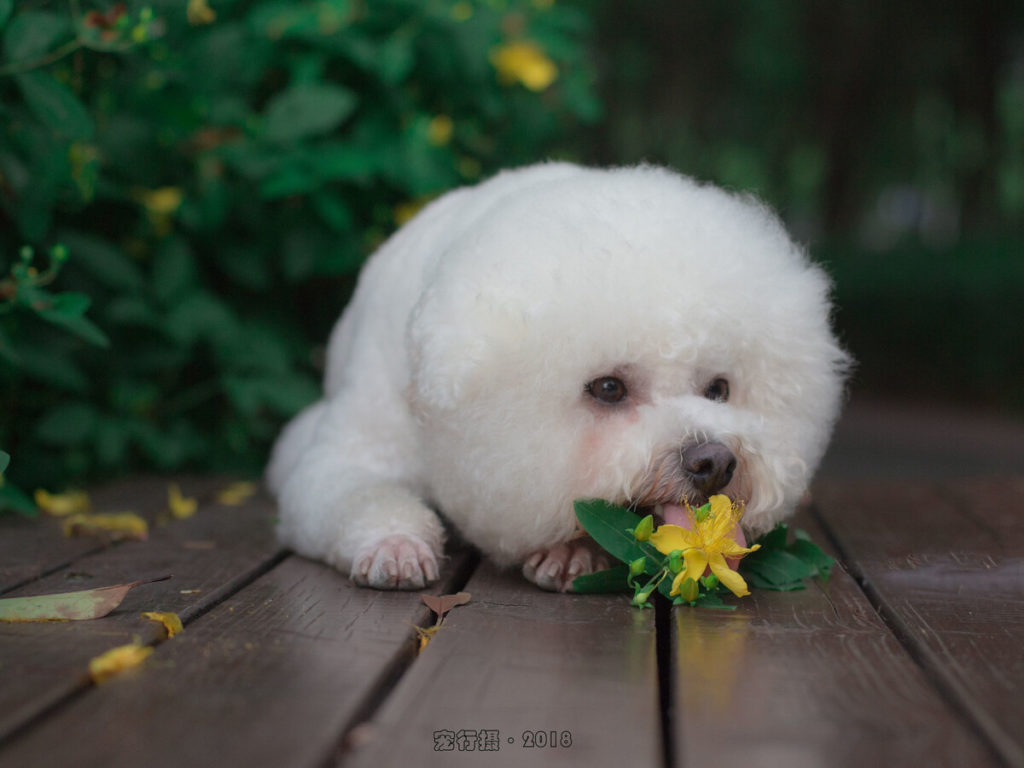Anyone who has owned an Siberian Husky will know that feeding them the right amount of food at the right times can be tricky. Huskies are a very greedy breed and will usually eat anything and everything you put in front of them! Juggling between avoiding canine obesity and persistent begging for food can be draining for the best of us – but is there another way?
In this guide, we’ll talk you through a different method of feeding and help you to decide whether you should free feed your Siberian Husky.
What is free feeding?
Free feeding is a method for feeding animals in which food is left out for them at all times. As soon as their dish starts to get low, it is topped straight back up so they can eat whenever they please.
Free feeding is a method for feeding animals in which food is left out for them at all times. As soon as their dish starts to get low, it is topped straight back up so they can eat whenever they please.
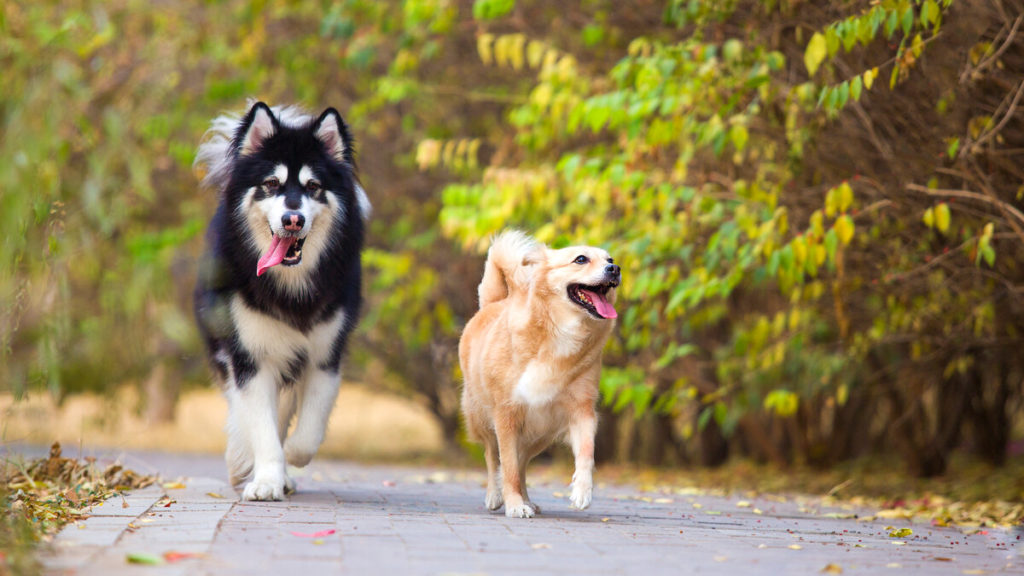
Free feeding is usually done with dry food, like kibble, as it can stay fresh through the whole day if any goes uneaten. Wet food is more likely to attract flies and has a stronger odour which may become unpleasant if you are left smelling it all day!
This particular feeding method has started to come into popularity recently due to its convenience compared to feeding on a schedule. It is much easier to simply top up a bowl of food whenever it gets low, particularly for those who work varied hours day-to-day and have unpredictable routines.
Despite the convenience, free feeding comes with many disadvantages if it is used with the wrong animal. There is no easy way of keeping track of how much an animal is eating and overfeeding may lead to digestive issues such as diarrhoea – not such a convenience after all.
Free feeding is also only a possibility if there is a single animal in the household as there is no way to tell how much each individual animal is eating or if they are eating at all. It can also lead to some dominance issues over the food, particularly with dogs, as there is no supervision during their feeding times to prevent any alpha behaviours.
Should you free feed a Husky?
Free feeding is typically used for animals that don’t have the biggest appetites as it can often lead to overeating and eventually obesity in animals. It is most commonly used for cats that are allowed outside so that they can come and eat whenever suits them best, although some particularly fussy dog breeds can greatly benefit from it.
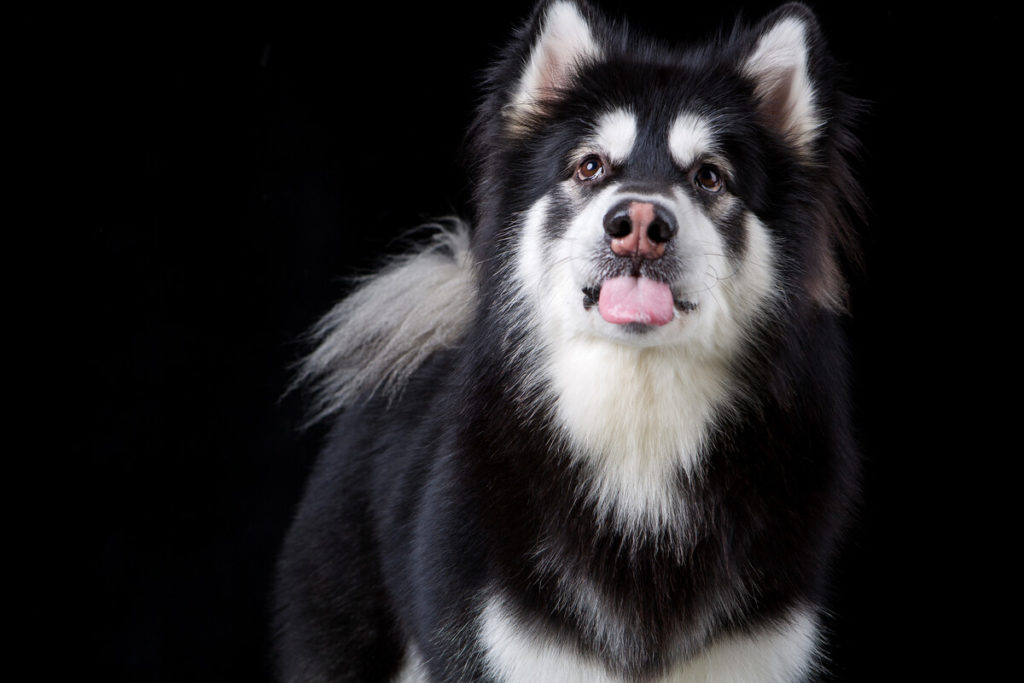
Unfortunately, Huskies are not well known for their self-control around food. Free feeding is likely to be their idea of heaven as a constant supply of food to feast upon, in fact you may have trouble keeping their bowl topped up!
Whilst we understand that schedules can be difficult to maintain and routines can be forced to change quickly, we personally do not recommend free feeding for your Husky. It is likely that if you’re considering this method you’re looking for a way to make feeding easier but the training required to give your Husky the necessary self-control is no easy feat.
Our advice is to invest in an automatic feeder which can be programmed to disperse a set quantity of food at the same time each day. They can be costly but if you’re in a pinch it may be the solution you need to keep your Husky healthy and happy.
Are there any exceptions?
As with everything, there are of course exceptions and success stories where Husky owners have implemented a free feeding lifestyle. As previously mentioned, we personally don’t recommend the time required to train a Husky out of their greedy habits, but there is one circumstance where a similar approach to free feeding is actually very useful.
It’s a sad fact of life that eventually our Huskies will grow old, and as this happens you may find them becoming pickier about what they eat. This can be caused by their sense of smell and taste getting worse making them less drawn to the food they used to love. To make sure your Husky is still getting enough food, a modified version of free feeding may be the best solution.
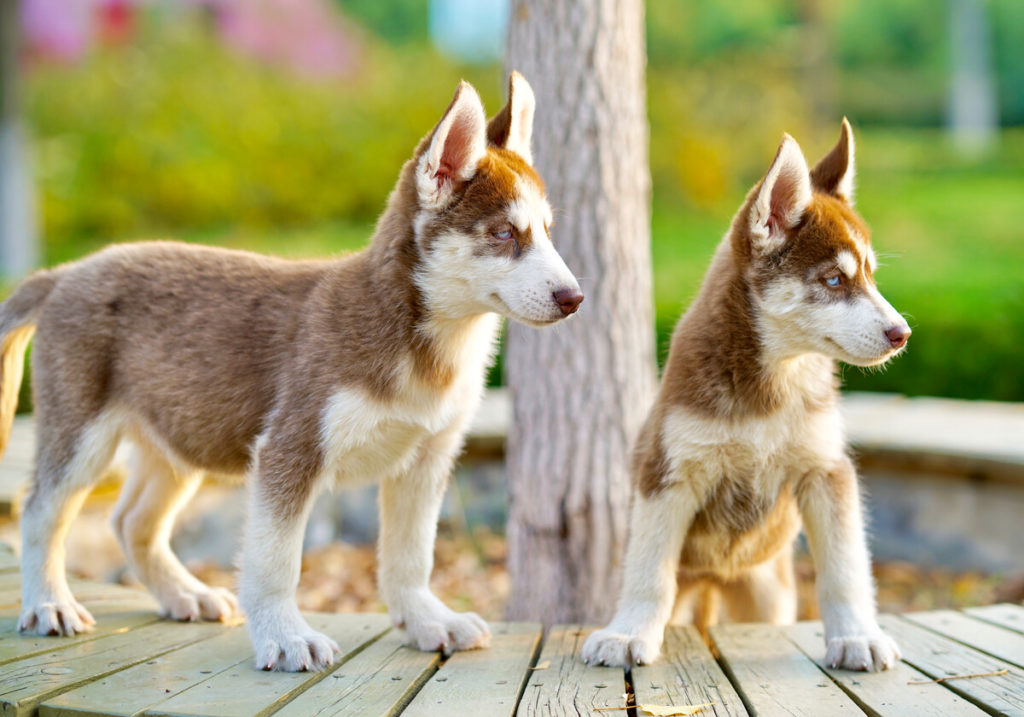
Instead of leaving them with access to food 24/7, feed them at their regular schedule but give them up to an hour to finish their meal. This means leaving your Husky with access to food for a set time period rather than cleaning up any leftovers when they’ve finished. Doing so gives them plenty of time to eat what they need without rushing them but also means you can easily monitor how much they are eating.
Final thoughts
Whilst free feeding has its advantages to those with busy schedules, Huskies simply do not have the inherent will power to stop themselves from eating everything they’re given. Eating on a regular schedule is the recommended eating method for your Husky but that doesn’t mean we can’t learn from free feeding and use it to our advantage.



